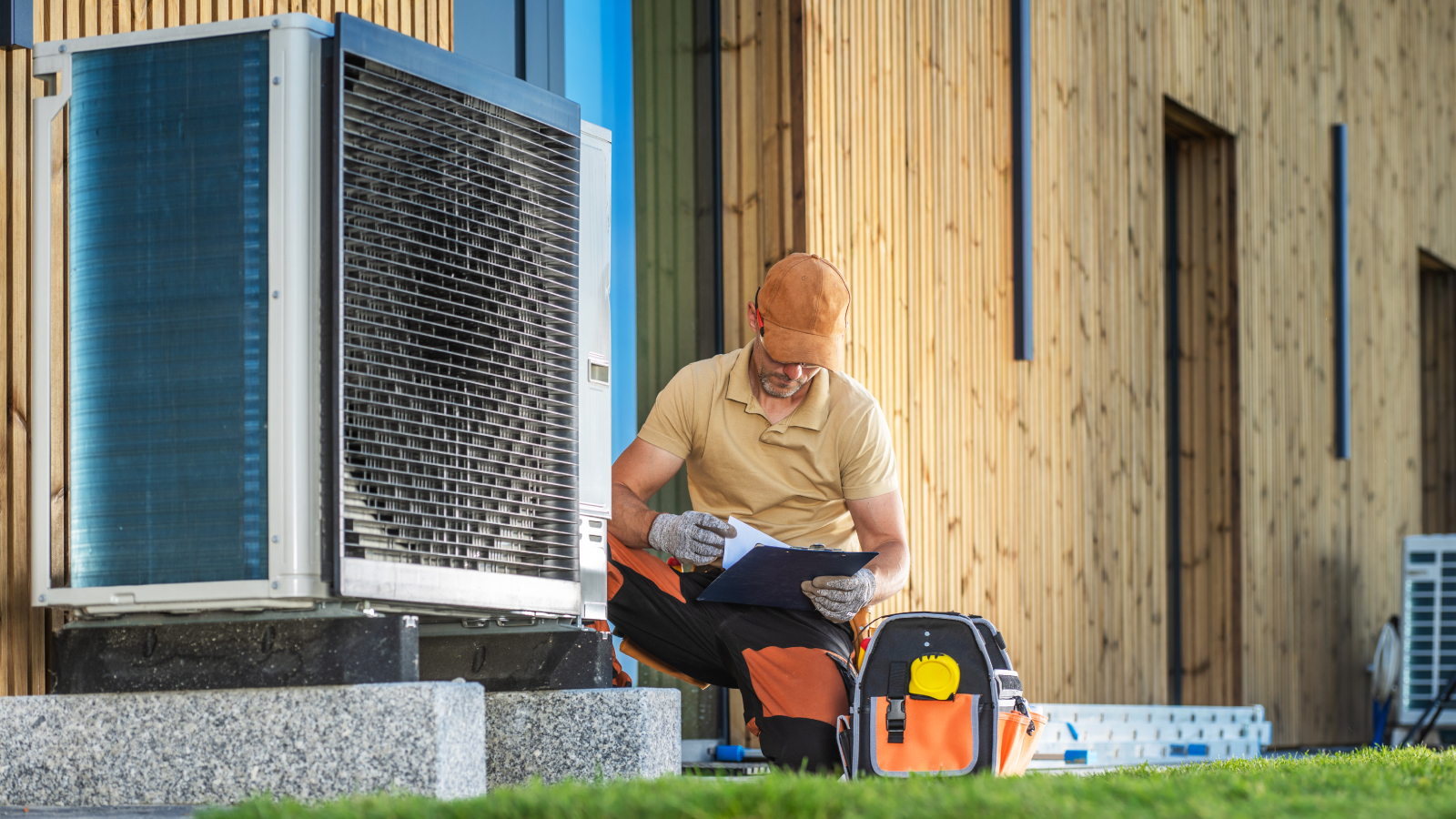Heat pump myths debunked: Separating fact from fiction
Still unsure as to whether there's any truth in heat pump myths? We asked the experts what's fact and fiction regarding 10 common heat pump myths
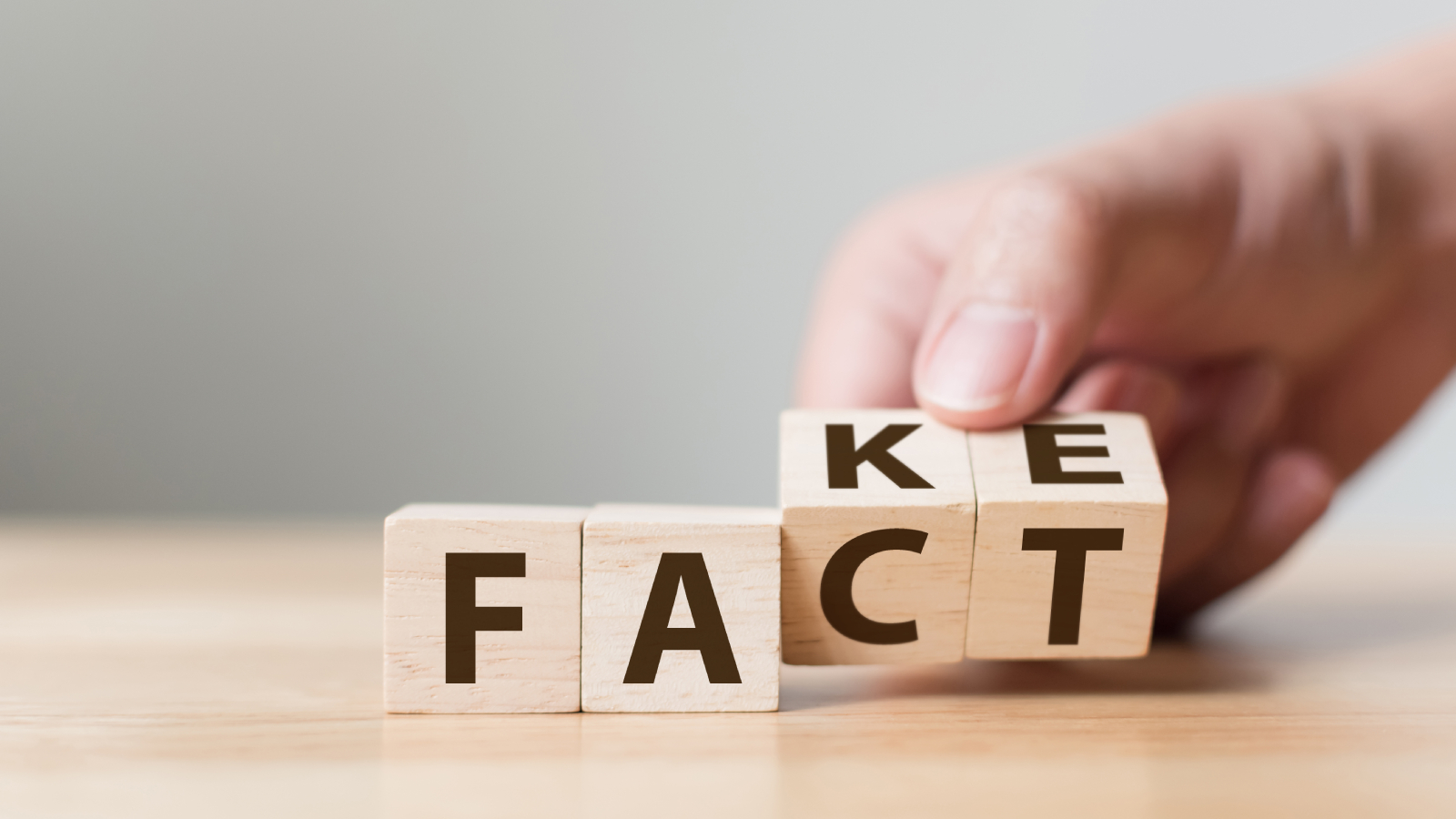
Despite the positive news around the subject of heat pumps, there are still a large number of heat pump myths that continue to prevail. In fact, as recently as 2023, over 25% of homeowners surveyed by Good Energy believed that heat pumps were more expensive to run than gas boilers – a fact that simply isn't true.
From expense to longevity, limits on their compatibility with heating types to their suitability for older homes, we've asked the industry experts to help us unravel the claims to see if there's any truth in heat pump myths – or if it's simply all make-believe.
Are you ready? Then let's reveal what's fake and if there's any fact when it comes to heat pump myths.
Heat pump myths
1. Heat pumps only work in new homes
Not to be confused with the gas boiler ban that has been put in place to ensure that all new homes built from 2035 have a heat pump, age is not the main defining factor when asking is my home suitable for a heat pump?
"If a building can be heated with a boiler, it can be heated with a heat pump. Many people think that old homes are not suitable for heat pumps – this simply isn’t true," says Tamara Birch, senior writer for The Eco Experts.
"Heat pumps are suitable for virtually any property," confirms Hamid Salimi, national residential product manager at Daikin UK. "They’re ideal for homes of all shapes and sizes, whether new build or older. While it can be easier to plan a heat pump installation into a new build, there’s absolutely no reason why they can’t be installed in older houses or renovation projects.
"Their innovative design means they’re simple to install, with no expensive groundwork, and in most cases, no planning permission is required," he adds.
Bring your dream home to life with expert advice, how to guides and design inspiration. Sign up for our newsletter and get two free tickets to a Homebuilding & Renovating Show near you.
Instead, says Steve Cole, retrofit co-ordinator at the Centre for Sustainable Energy, what matters more is, "the proper sizing of the heat pump and radiators according to your home's specific heat demand." Fabric first measures such as adding insulation and reducing air leaks – more common in older homes – will always help, but don't stop you from having a heat pump.
Properties with limited outdoor space, or those living in an apartment or flat might need to explore a wall-mounted or roof-top option say the experts, but when it comes to knowing are heat pumps suitable for old homes, the answer is definitely yes.

Tamara Birch has written about environmental topics for over four years. This includes advising small business owners and homeowners on cost-effective ways, like solar panels and energy-efficient products to help them become more sustainable.

Hamid currently leads a team of product specialists covering all aspects of residential renewable heating. Hamid specializes in and talks about Heat Pumps, Renewables and Net Zero.
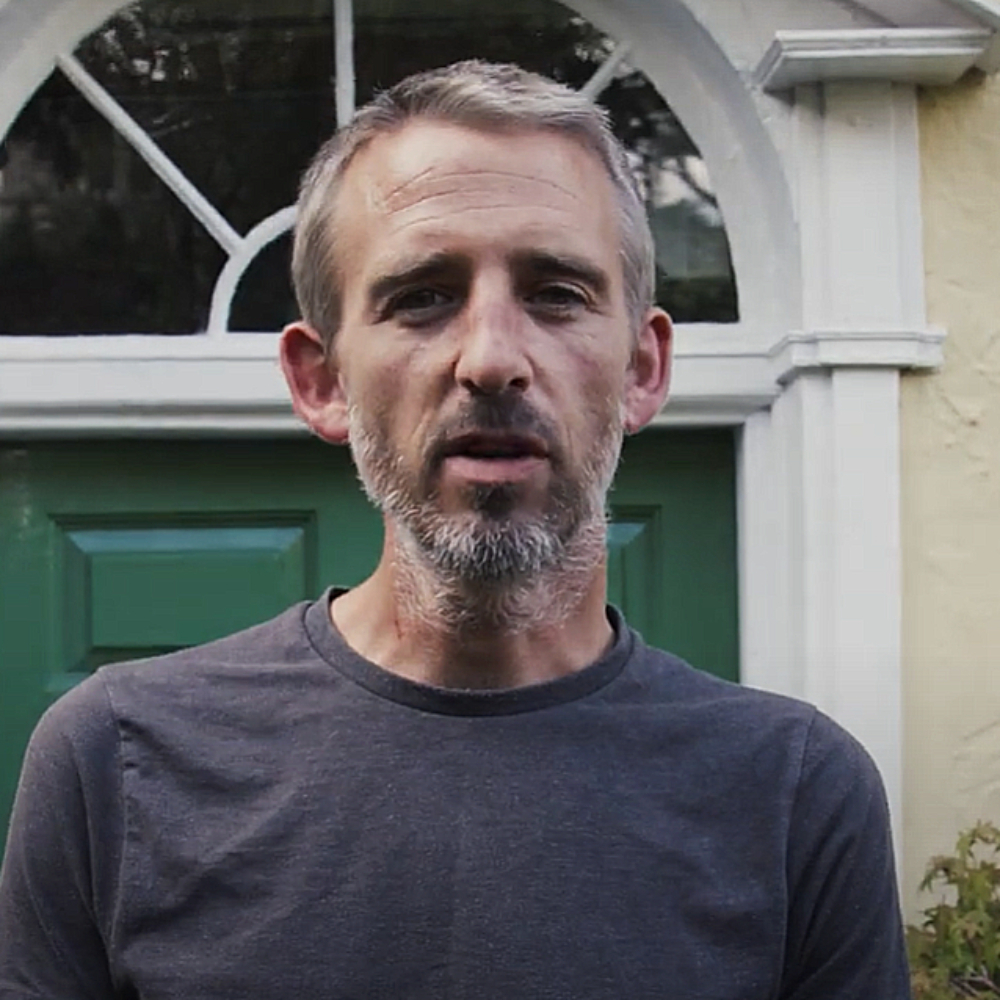
Steve has over 18 years’ experience working in construction in England, Wales, and Ghana, and has worked across many domestic retrofit projects. Over the years he has worked at various levels, from labourer to site and project management, for charities, private individuals, and for both private and public companies.
2. Heat pumps won't work with radiators
The truth that heat pumps work well with underfloor heating has perhaps led to a common assumption that this means they don't work with radiators.
But again, this is not true. "Heat pumps and underfloor heating work well together because underfloor heating works at lower temperatures than radiators and is usually on for longer. It takes more time to heat up and cool down, both of which suit heat pumps," explains Steve Cole. "But, you absolutely don’t have to have it, and many homes with heat pumps do not have underfloor heating," he adds.
"It is true that heat pumps work well with underfloor heating systems," agrees Tamara Birch, "as the low temperature increases the efficiency of the heat pump, but you can still install a heat pump with normal radiators."
One way of compensating for the lower temperature is to increase the surface size of your radiators, or choose types of radiators specifically designed for heat pumps.
"Energy efficient radiators are designed to maximise the amount heat generated and often includes features like fins, convectors, or other elements that increase the surface area available for heat exchange in more clever, discreet ways," explains Nick Duggan, managing director of The Radiator Centre.
"These energy-efficient radiators also include an optimised heat exchanger, which uses 90% less water than is used in standard radiators, meaning less energy is needed to heat the water up," says Nick, "This also brings other advantages in that the radiators take less time to heat up and you lower your carbon footprint at the same time. For hard to heat areas many energy-efficient designs also come with a fan-assisted ‘boost’ that can generate up to three times the amount of heat that a conventional radiator would generate."
Or, if switching radiators doesn't appeal, you could opt for a high temperature heat pump instead. Bean Beanland, director for growth & external affairs for the Heat Pump Federation, offers some words of assurance regarding this option.
"In the last 18 months, a team from University College London, analysed data from 4600 boilers. They discovered that with the vast majority of them, you wouldn't need to change the radiators at all. You could simply swap the boiler out for a high temperature heat pump, and your heating would work quite happily."
This myth about heat pumps and radiators is also partly about the perception of what hot should feel like, says Bean.
"If your radiators are operating on a weather compensated heat pump system, they're always on, they just won't feel on. In fact we used to get phone calls with people saying, well, the radiators are cold or they aren't very hot. But the room would be warm," he says.
"People's perception, is that if you touch it and it’s not taking your skin off, there must be a problem. Those days are gone. We now limit hot water temperatures for safety reasons and radiators shouldn't be so hot that you can't touch them."
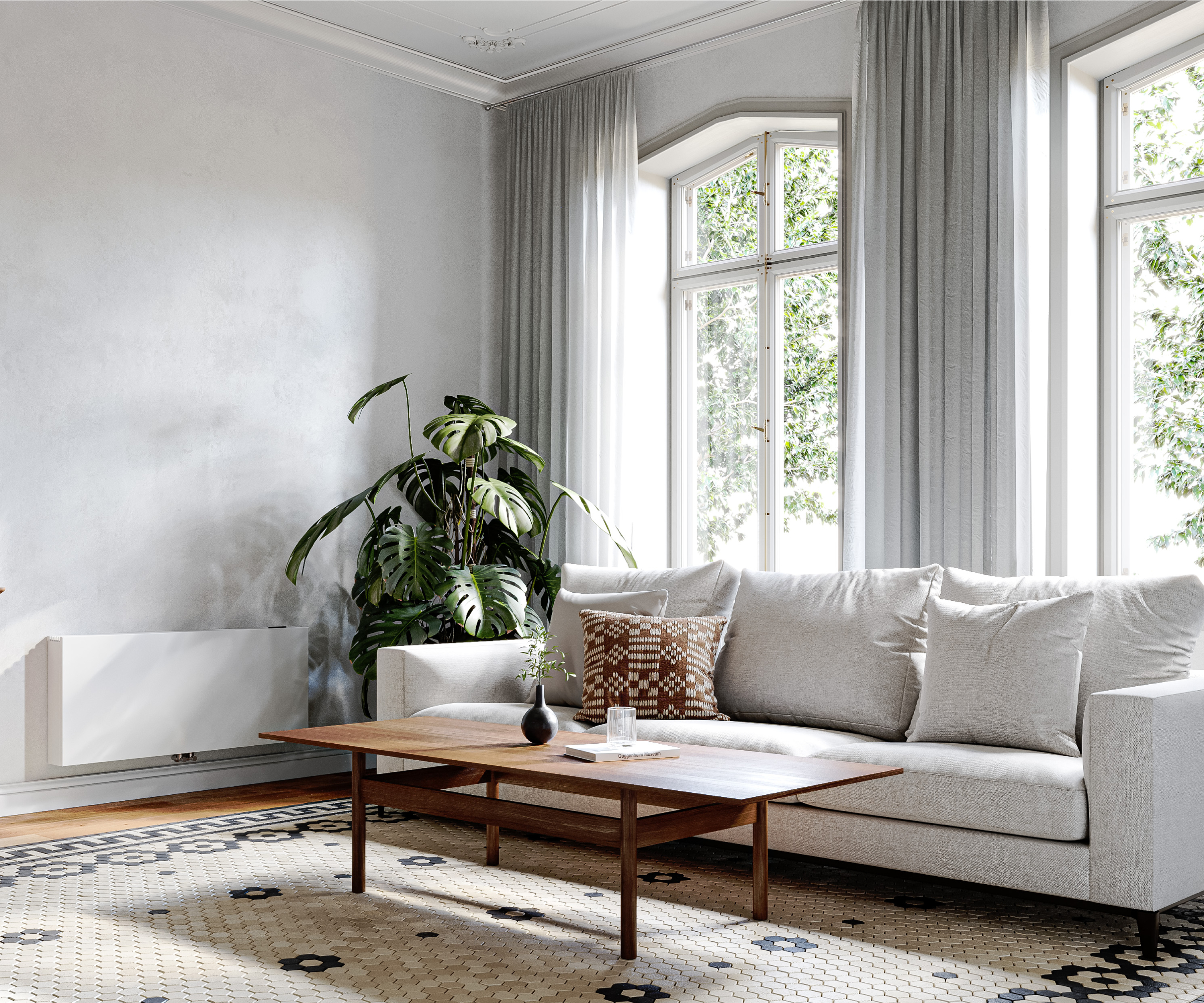

Bean has over 15-years’ experience in the industry, including eight years with an installation contractor, in energy and carbon mitigation and in conceptual technology selection, procurement and the installation of mechanical services and renewable technologies.
3. Heat pumps are more expensive than gas
This myth is one where there is perhaps some context, but only with regard to the initial costs of purchasing and installing a heat pump vs a gas boiler.
"The biggest downside of a heat pump compared to a gas boiler is the upfront cost," says Tamara Birch. "It’s undeniable that a heat pump costs more than a boiler to install. However, there are many grants available, such as the Boiler Upgrade Scheme, to help reduce the upfront costs."
And, while it may cost more to install, you will reap the rewards when it comes to the reduction in running costs.
"If specified correctly, a heat pump shouldn’t be more expensive to run than a gas boiler," confirms Hamid Salimi. "By using low energy tariffs by utility providers, the end user can also further reduce running costs. And you can utilise other technologies, such as solar panels, to further reduce costs." A fact backed up by the Energy Savings Trust who predict that if you are placing an old G rated boiler with a heat pump, you could reduce your costs by around £340 each year.
What's also important to remember in the cost equation is the improvement in efficiency of a heat pump compared to a gas boiler – a calculation known as the co-efficient of performance or CoP.
"A modern A-rated gas boiler operates at about 90% efficiency, converting 90% of the energy it consumes into heat, with 10% lost as waste," explains Hamid Salimi. "In contrast, heat pumps are significantly more efficient. Air-source heat pumps achieve around 300% efficiency. This means for every 1kWh of electricity used, they generate 3 to 4 times more heat."
Install a ground source heat pump and you could find this number increasing to 400%.
"In terms of environmental costs, heat pumps are also a far stronger investment," notes Tamara Birch. "According to The Eco Experts’ calculations, heat pumps reduce your annual carbon footprint by around 44% compared to a gas boiler."
4. Heat pumps devalue properties
In the same way that this is one of the myths about solar that simply isn't fact, heat pumps equally do not devalue your home.
"It’s actually been found that a heat pump will increase the value of your property," says Hamid Salimi. "Research carried out by the WWF has shown that a heat pump could add between 1.7% and 3.0% to the value of a home.
"Installing environmentally friendly heating and energy solutions in your property makes it more attractive to buyers and can increase its value," he expands. "According to Rightmove, a property moving from an EPC rating of F to a C could increase its value by an average of 15%, or almost £56,267 when looking at the national average asking price.
"Furthermore, homes with green improvements command a premium over local house price growth. As energy efficiency becomes increasingly important, a home’s rating is expected to play a more significant role in buying or renting decisions," says Hamid, "driven by the potential for substantial energy cost savings and enhanced resale value."
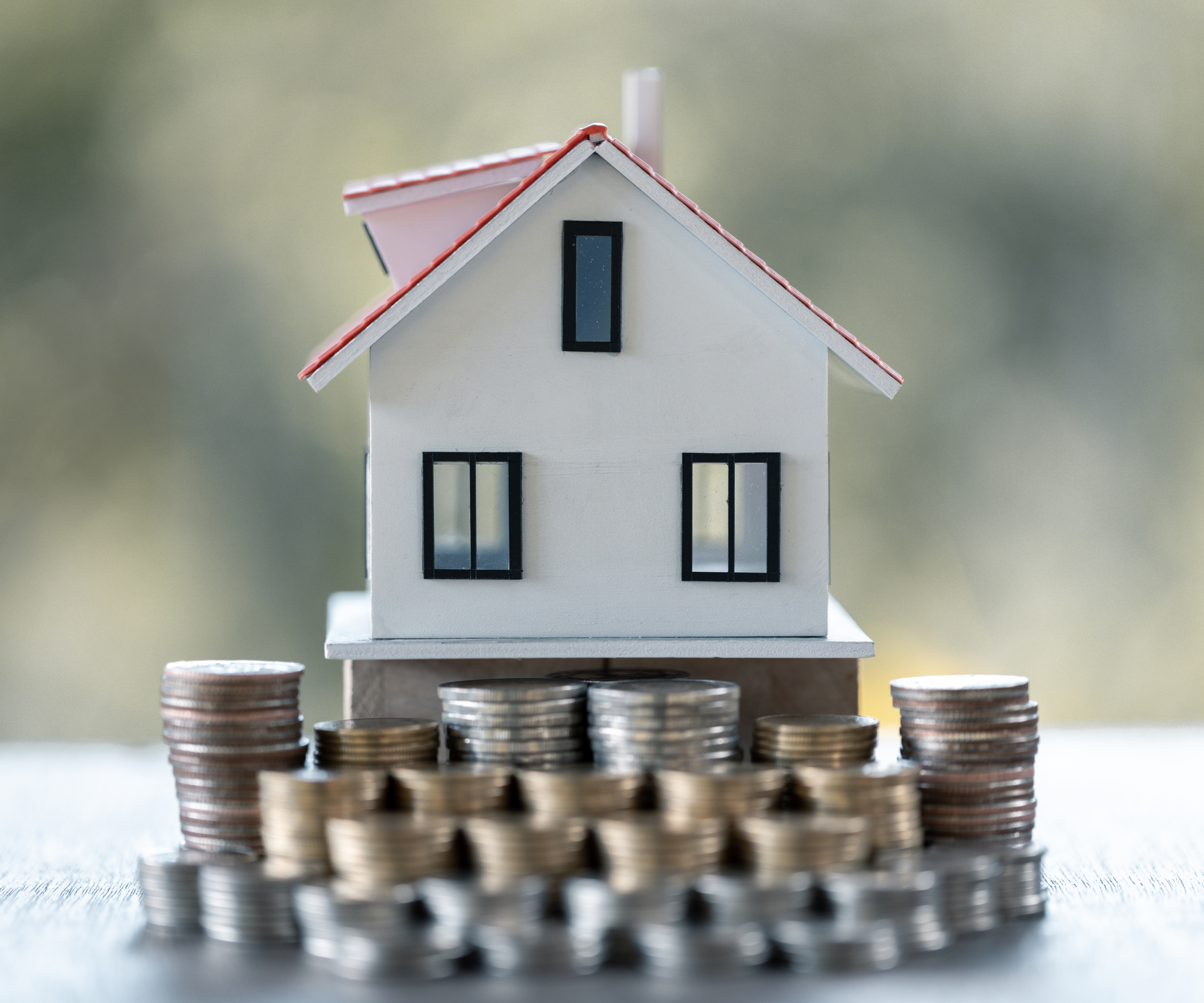
5. You can't have a heat pump if your EPC rating is poor
Another myth that has some context as while it was once partly true, it is no longer the case.
"The Boiler Upgrade Scheme used to be dependent on having an Energy Performance Certificate (EPC) without any home insulation recommendations," explains Hamid Salimi. EPCs for homes without insulation would have been lower than ones that are insulated.
"However, in May 2024, Ofgem announced it that will now accept Energy Performance Certificates (EPCs) with insulation recommendations." So what does this mean for homeowners?
"It means you don’t need to worry about adding loft or cavity wall insulation before applying, for the grant, meaning many more households will eligible," says Hamid. "But remember, in order to apply you do still need an EPC, and you need to own the property."
It’s also important to make sure your home is well insulated to get the most efficient results from your heat pump. A more insulated property will retain heat for longer periods and therefore could help reduce energy bills.
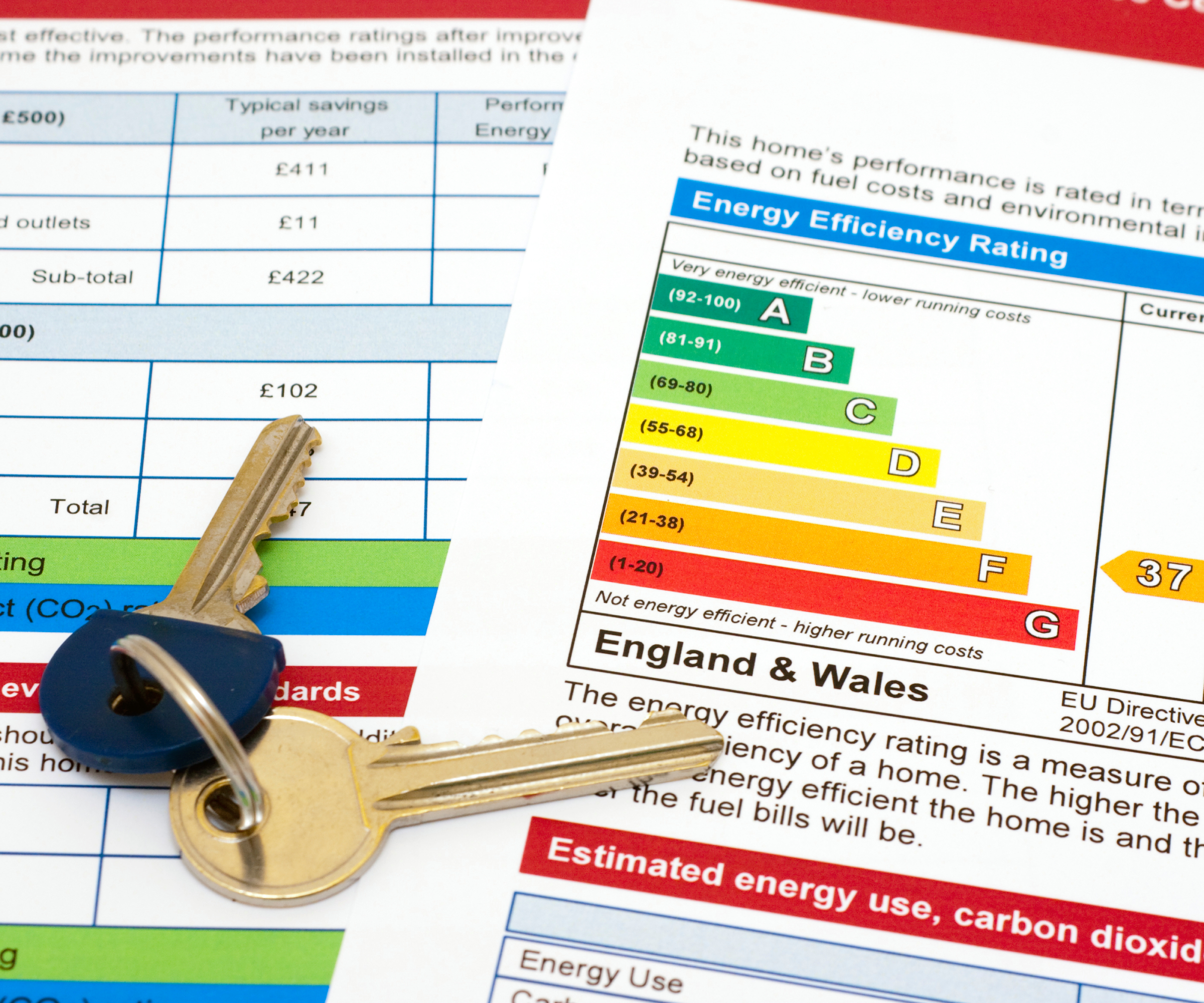
6. Heat pumps don't last very long
"A well-designed air source heat pump installation is likely to outlast a gas boiler," says Hamid Salimi. "The typical lifespan of a heat pump is between 15 and 20 years. And if it’s maintained properly, it will carry on working efficiently for even longer."
On average, a gas boiler will last 10-15 years with proper maintenance and servicing. And while the initial heat pump costs are more than a gas boiler, when it comes to replacing your heat pump for a new one, you won't be facing the same costs again – instead, it will be just the heat pump unit.
"When that heat pump comes to the end of its natural life, you'll just replace it with a new generation unit with a different refrigerant," explains Bean Beanland. "A heat pump is not four or five times the price of a boiler. It's the initial transition that adds to the expense. But of course, if you keep telling people heat pumps are five times the price, in their mind they're saying every time I have to replace it is going to cost me five times as much. That's just not true."
7. Heat pumps are still a new technology and need more testing
While there may still be fewer homes having heat pumps installed compared to gas boilers, that doesn't mean it's a new and untested technology say the experts.
"There are around 70-80,000 heat pumps being installed each year," says Bean Beanland, "and although that's less than the 1.6 million gas boilers being fitted, it doesn't mean it's a new technology or one that still needs more testing."
"Heat pump technology is decades old", adds Steve Cole. "There are about 20 million heat pumps operating across Europe, demonstrating their reliability and efficiency."
"What's important," says Bean Beanland, "is that we look at bringing production of the heat pump units to the UK so that we can take ownership of all stages of process, from manufacture through to install and maintenance."
8. The National Grid won't cope if we all switch to heat pumps and need more electricity
While claims are sometimes made that if everyone switched to heat pumps we would overload the National Grid, the experts dismiss this as another scaremongering claim. Steve Cole points out how this is not a transition that will happen overnight and is therefore completely unfounded.
"If we were to convert every house tonight and wake up tomorrow morning then the grid clearly wouldn't cope," agrees Bean Beanland, "and while there may well be pinch points, I think that the investment programme and the level of effort that is being made by those responsible for the grid, is enormous.
"I think by and large, we will keep pace," says Bean. "The key is to keep the investment going. It was only as of April 2023 when the networks were actually allowed to invest ahead of need. Prior to that, they weren't allowed to spend the money ahead of need. So they had to wait until somebody requested more and then they would invest – but you'd have wait six months.
"Of course," says Bean, "if you're replacing a boiler, that's no good. You can't wait six months. So, this has changed. There's also some work being done which is specifically aimed at how we cope with older systems. Hot spots are being identified, the network and connections are being analysed and then homeowners are being given a certificate of readiness to say they are ready for a heat pump.
"They may get the certificate long before they’ve thought about switching," explains Bean, "but they might do in a couple of years and will be confident that they can."
9. Heat pumps are loud
Are air source heat pumps noisy is one of the most common questions asked and a myth that continues to appear on a regular basis. But why do people think they are?
"This belief can be traced back to when heat pumps were first made available to UK consumers," says Tamara Birch. "At the time, they were quite noisy, but that’s not the case today.
"In fact," says Tamara, "the legal limit for an air source heat pump unit is 42 decibels, which means that at most, they make about as much noise as a fridge or gas boiler."
When asked are heat pumps noisy, "modern heat pumps are relatively quiet," confirms Steve Cole. "They typically produce 40 to 60 decibels of sound, equivalent to a quiet office. Noise levels depend on factors like the heat pump's make, size, installation method, and how hard it's working. Strict regulations govern noise levels, and installers conduct noise assessments to ensure compliance."

10. They won't work in low outdoor temperatures
The last and final entry for the fiction category in our heat pump myths debunked, is the suggestion that heat pumps won't work as well if the outdoor temperature is too low.
It's another myth with no validity say the experts. Both air source heat pumps and ground source heat pumps are not affected by outdoor air temperature and are in fact designed to be able to work in cold conditions.
"Air source heat pumps are designed to work in temperatures as low as -25°C," explains Steve Cole. "They're common in many European countries with much colder climates than the UK. Even when temperatures drop below zero, heat pumps remain twice as efficient as gas boilers or direct electric heating. By extracting heat from the air, they can produce up to three units of warmth for every unit of energy consumed. This remarkable performance, coupled with their ability to function effectively in diverse climates, makes heat pumps not just an alternative to gas boilers, but a very good option for energy-efficient home heating."
And from a practical point of view, even though the pipes for a ground source heat pump are installed outside, the ground temperature rarely changes, making air temperature drops insignificant. This, coupled with the fact ground source heat pump units are located inside the home means they are fully protected against the elements.
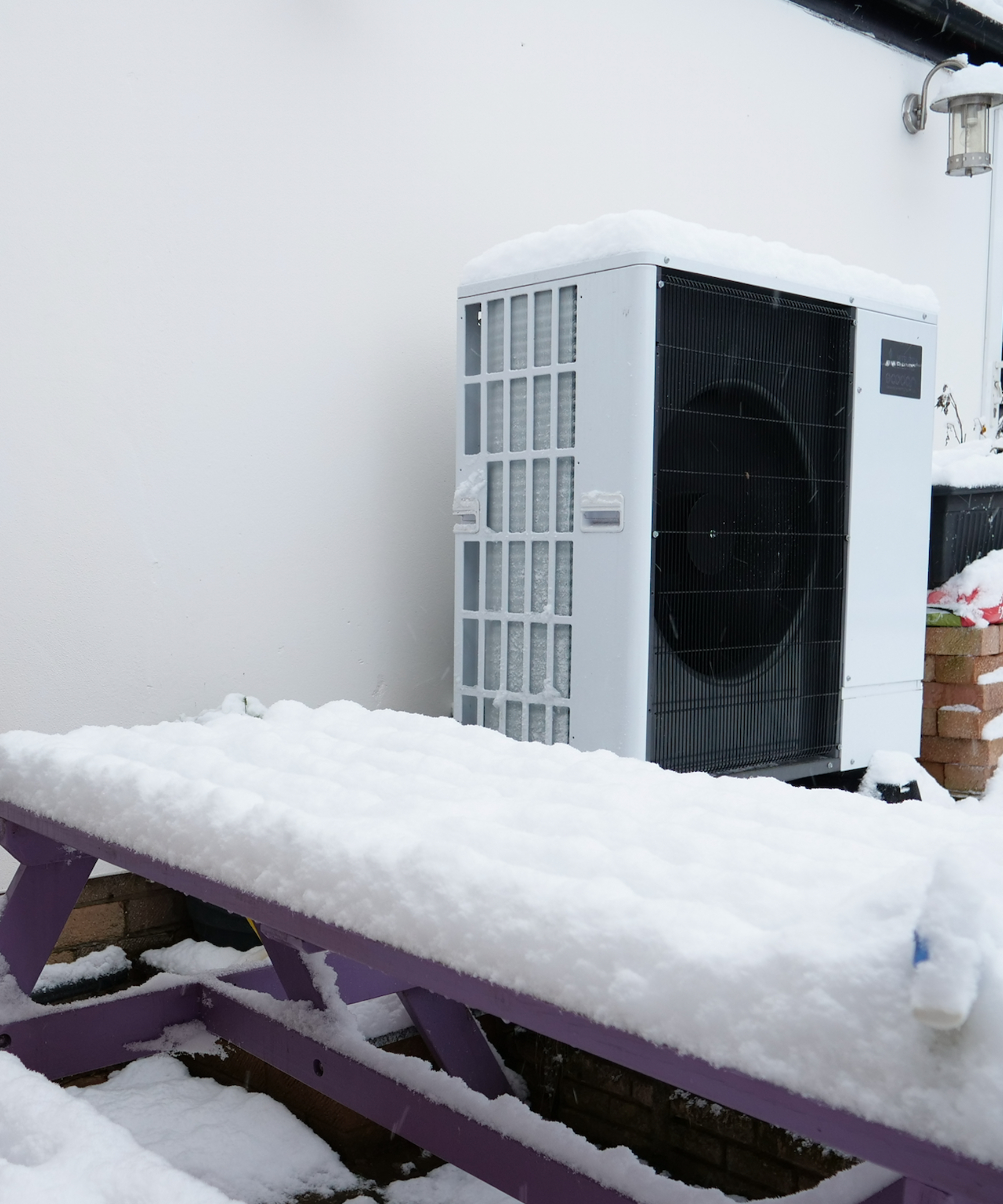
Keen to explore more about heat pumps and other types of renewable energy? Find out how to maintain a heat pump and explore how to work out your energy needs and choose the right renewables.

Sarah is Homebuilding & Renovating’s Assistant Editor and joined the team in 2024. An established homes and interiors writer, Sarah has renovated and extended a number of properties, including a listing building and renovation project that featured on Grand Designs. Although she said she would never buy a listed property again, she has recently purchased a Grade II listed apartment. As it had already been professionally renovated, she has instead set her sights on tackling some changes to improve the building’s energy efficiency, as well as adding some personal touches to the interior.
